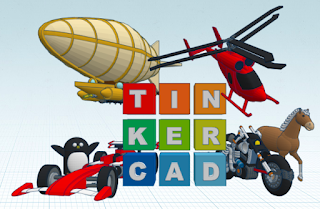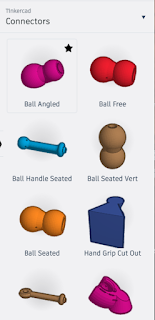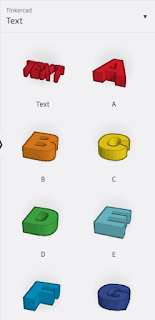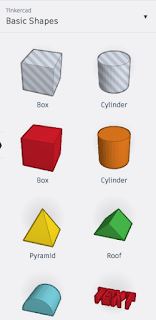 Administrators, teachers, and students alike are eager to provide 21st century learning tools onto the campus and in classrooms. If you are thinking about purchasing or already have a 3D printer the million dollar question is, "what do I do with it" other than the obvious. What are the educational benefits that can be gained from having this relatively expensive piece of hardware.
Administrators, teachers, and students alike are eager to provide 21st century learning tools onto the campus and in classrooms. If you are thinking about purchasing or already have a 3D printer the million dollar question is, "what do I do with it" other than the obvious. What are the educational benefits that can be gained from having this relatively expensive piece of hardware.I am remined of a Wendy's commercial from my childhood that asked, "where's the beef?!!" In this instance, lets ask, "where's the pedagogy?" I was very happy to meet up with my amazing teammate who informed me that she found a free web based software called Tinkercad that can be used to produce the 3D file type (Stl) needed to print a object. Tinkercad is an easy to use web based software that with a little teacher support even a kindergartener could use successfully.
With the use of basic shapes a student can create anything. Here are a few that can be used:



Using a combination of these shapes student can create 3D objects and save them as Stl files to print on a 3D printer.
I hope you have the chance to create your own object and print it!





